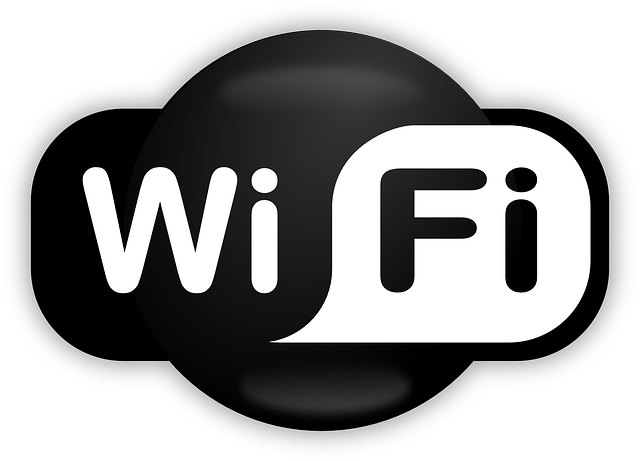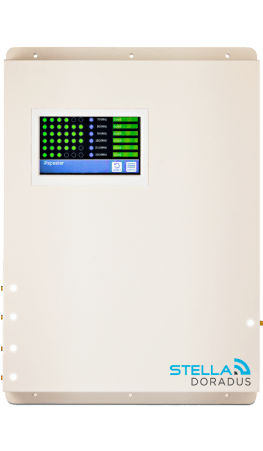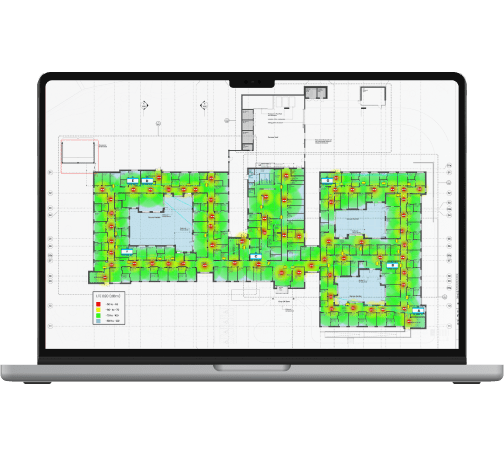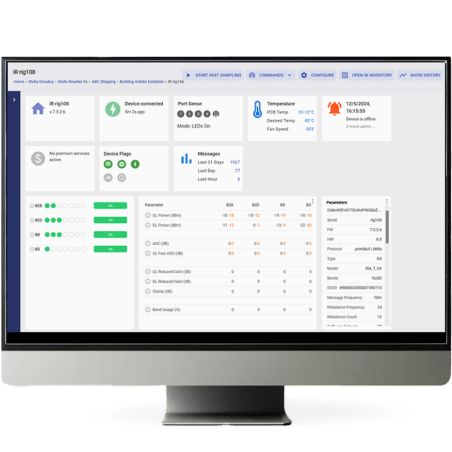
The world of business has been transformed from what it was a decade ago, with a large amount of work now occurring in the cloud. The cloud is a fantastic concept: files are stored online, allowing access from anywhere in the world. However, this does come with one caveat – you need to be connected to the internet in order for the system to work. If you cannot connect to the internet, you cannot access the files.
Cloud based office suites are extremely useful. They offer fast and flexible access to word applications, spreadsheets, slideshows and a whole wealth of other useful tools. Furthermore, they work fantastically across a range of devices, including tablets, laptops and mobile phones. It comes as no surprise then that a large amount of businesses are shifting their work to cloud based services, such as Office Online and Google Drive.
These two solutions do in fact allow for the offline editing of documents, but users’ accounts have to be configured to do so beforehand. If set up correctly, the accounts will sync any changes made to the files as soon as a working internet connection is secured. However, this then means that files have to be physically stored in the device’s memory, which kind of defeats the purpose of using cloud based technology.
Working in the cloud helps to promote collaborations. Multiple users can work on the same document in real time, posting comments, offering editing suggestions, and critiquing output, just as they would if they were all in the same room together. To get the full cloud experience, users need to be connectible – they need to be online.
Cloud office applications are just one example of how modern businesses rely on the internet to function. Another is Skype, the go to video calling application for businesses. The thing about Skype is that you absolutely must be connected to the internet for it to work. The software is useless if you are offline. On top of this, your internet connection needs to be reliable and have good data speeds. A poor quality connection results in dropped calls, frozen video and garbled audio.
What people love about Skype is how portable a solution it is. If you have a solid 3G or 4G connection on your mobile device, you can take important video calls whilst travelling, which still gives users important face-to-face interaction.
However, issues may arise if you are planning to Skype on the go. You could, for example, be driving down the motorway when the all important Skype conference is in full swing. Sounds great in theory – until it is considered that the UK’s motorways are known to have coverage issues. Studies have shown that people are able to connect to a 3G or 4G network 76% of the time on Britain’s motorways.
For the average consumer, this may not seem like much of an issue, after all, they are still contactable most of the time. But in the world of business, people need to be contactable all of the time. Missing important communications can be the difference between securing or losing an important deal or contract.
Poor signal can impact business prospects
Whether poor signal occurs in the office, on the road, or at home, it can lead to a whole range of difficulties. The world of business never stays still. Scenarios change all the time, and people must be kept in the loop when this happens. The easiest way to achieve this is by using a mobile device. However, there are still certain scenarios where issues arise due to poor network coverage.
Progress has been made and the situation is improving. There are now WiFi based femtocells that can improve signal, but these are nowhere near an ideal solution for the business professional that is always on the move. Femtocell technology is restrictive and requires numbers to be pre registered in order for the technology to work with the devices.

When out in public, femtocells are entirely useless. Femtocells can only operate with a small amount of devices at any one given time. Therefore, they will not fix signal issues in areas that have a high footfall. For example, imagine a cafe that is located in a network ‘not-spot’. Their sales could drastically be affected by their customers not being able to use their mobile devices whilst grabbing some food or a drink. In turn, these potential customers decide to eat elsewhere, somewhere they know they can remain contactable.
In an ideal world, buildings would all have flawless network coverage. Poor signal drives down property prices, with network coverage being a prime concern for young property buyers. In the same vein, it would be safe to presume businesses avoid setting up base in an area known to have poor network coverage. As a result, poor connectivity has a far greater knock-on effect than what it first appears; in the short term, calls may be dropped, but in the long term, if the issues are sustained, entire areas could lose value and fall out of favour with the property buying market.
Solutions to signal issues
Stelladoradus cannot offer solutions that will fix the coverage issues of entire towns or villages. But we do offer solutions that can transform individual buildings and vehicles into areas with usable and reliable signal.
It is important to always be connected to your network in the areas where most time is spent: the office, the car and the home. Stelladoradus provide signal boosting solutions for all of these environments.
The StellaHome is the perfect mobile repeater for use in the house or within a small, single room office. For larger buildings, the StellaOffice offers multi-level coverage, thanks to the multiple internal antennas the system uses.
We also produce a product to help with poor signal whilst on the road – the StellaDrive. The StellaDrive amplifies mobile signal in your car, making sure you are contactable wherever you may be. This means no more crackly or dropped calls whilst driving, meaning you are contactable 100% of the time on your journey.





